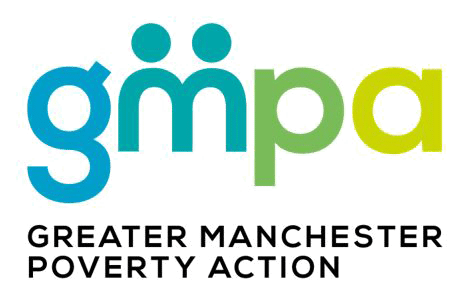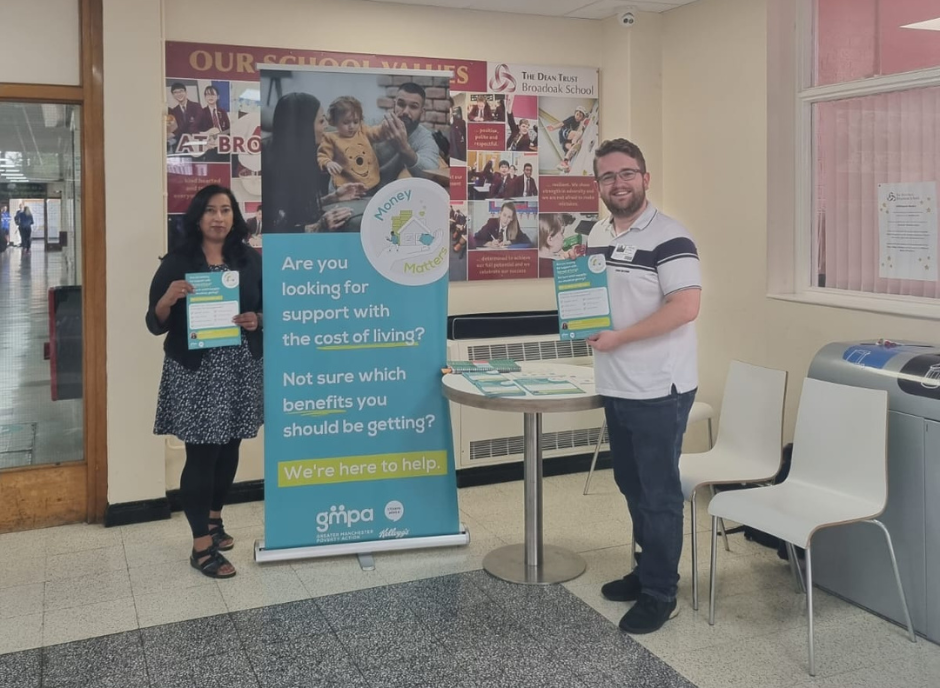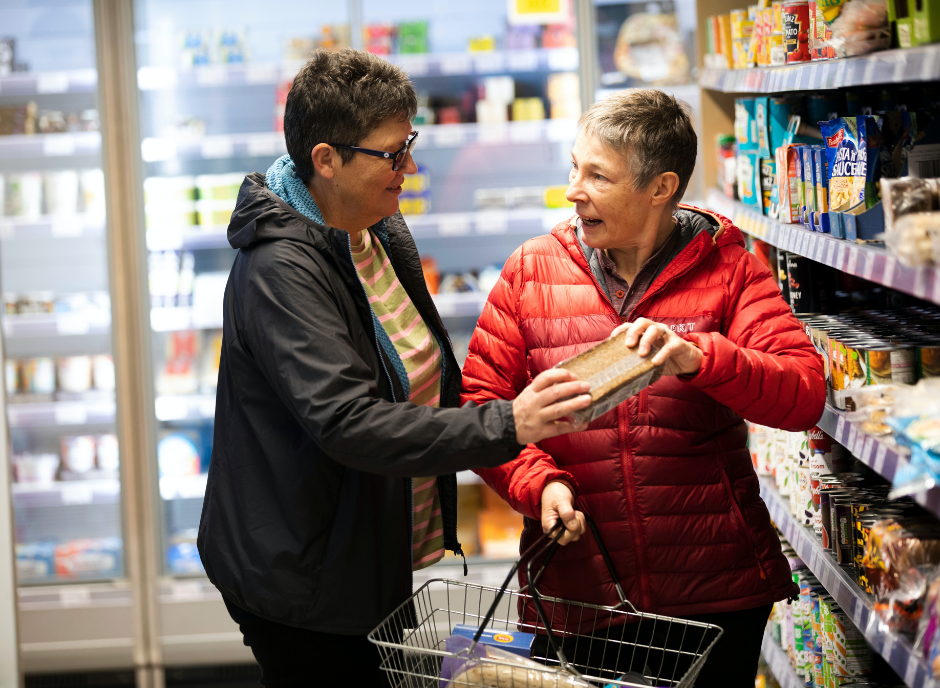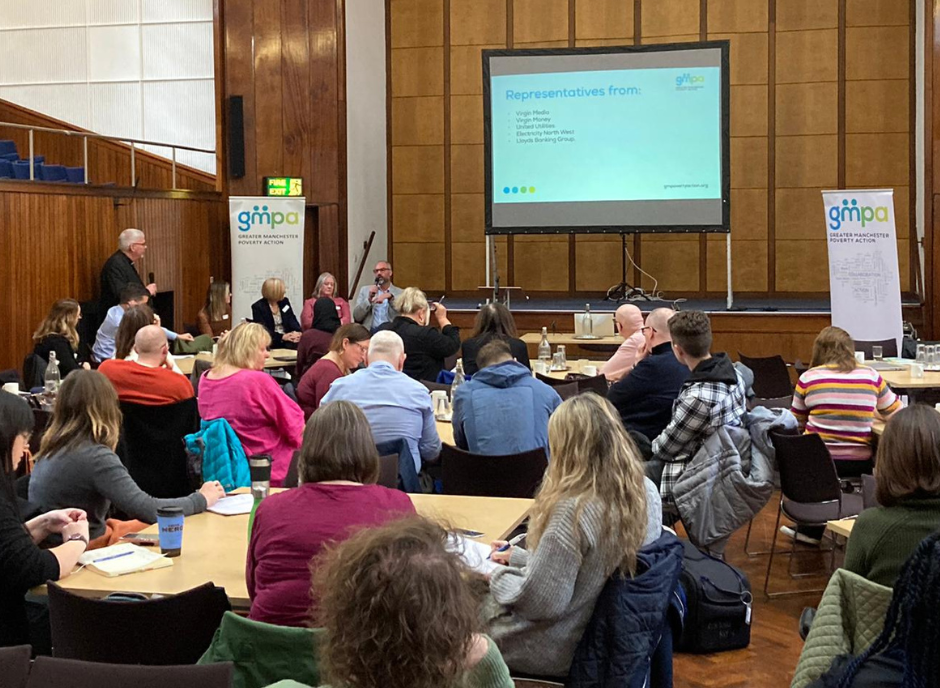By Professor John McKendrick, Co-Director at the Scottish Poverty and Inequality Research Unit
Last month, the Scottish Poverty and Inequality Research Unit (SPIRU) at Glasgow Caledonian University – a longstanding supporter and friend of GMPA – launched the Tackling Poverty Locally Directory, which aims to become the go-to place to learn about projects aiming to tackle poverty locally.
The Directory launches with 20 case studies, including Tameside Council’s Slow Cooker Project (One Pot at a Time) and Tameside Council’s Poverty Needs Assessment and Strategy. Many more case studies are being processed, with the Directory aiming to release new content on a regular basis.
The Directory does not only showcase work from local authorities: it also includes case studies from community organisations (e.g., Fa’Side Community Kitchen), charities over large areas (e.g., Fife Gingerbread’s Lone Parents, Poverty and Work), local NHS Boards (e.g., NHS Greater Glasgow and Clyde’s Staff Crisis Fund), social enterprises / community trusts (e.g., The Point and Sandwick Energy Support Unit), schools (e.g., Brae High School’s Maximising Income for Families) and local partnerships (e.g., the Anti-Poverty Taskforce in Perth and Kinross).
The Directory aims to showcase different types of action being undertaken to tackle poverty locally. Among the 20 case studies included in the launch are projects that have been set up to tackle food insecurity, reduce stigma, assist people into employment, deliver financial inclusion, tackle housing costs, and address the cost of living. All content is quality assured, with inclusion following an independent review from one practitioner and one researcher.
We recognise the importance of raising awareness of emerging practice, as well as sharing information of practice that has proven to be impactful. What might start off as a good idea (“emerging practice”), might begin to show signs of positive impact (“promising practice”). As the project matures, evidence of impact may be more substantial and verified by independent evaluation (“fully validated”), which may lead to it being replicated elsewhere (“fully validated and adopted”). We intend to track the development of our case studies and share this progression through the Directory.
We provide a concise summary of each case study, including a summary of impact and list of key learning points, in addition to all the descriptive detail needed to understand the case study (e.g., cost, population groups served, whether co-produced with people experiencing poverty, etc.). A How-to-Guide for each case study provides detailed guidance to assist others who might be interested in adapting or adopting the initiative.
It is crucial that best practice in anti-poverty work is shared amongst localities, but it cannot be ignored that the key to a successful, long-term approach that alleviates poverty and prevents people experiencing poverty in the first place is underpinned by a robust anti-poverty strategy. SPIRU was delighted to inform the research that went into GMPA’s seminal report, looking at effective local anti-poverty strategies and continues to advocate for anti-poverty programmes to be incorporated into localities alongside strong strategic responses to poverty. Contact Tom at GMPA if you’d like support in developing your strategic responses to poverty.
The Directory would not have been possible without the support of the abrdn Financial Fairness Trust. The Directory can be accessed here.
This article is featured in our 13 December newsletter. To get more articles like this delivered straight to your inbox, sign up to our mailing list.






















